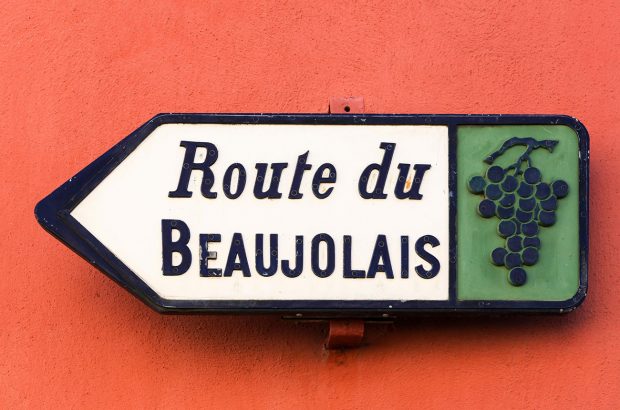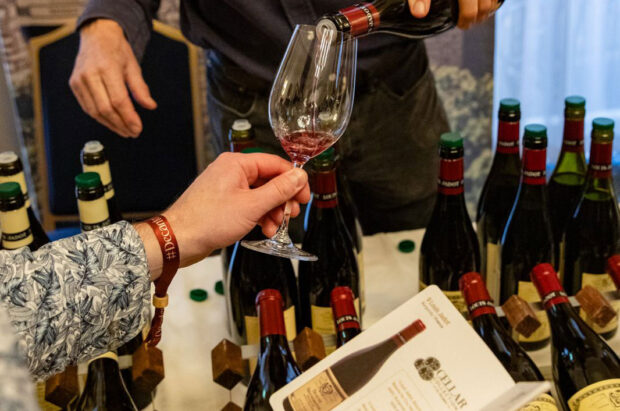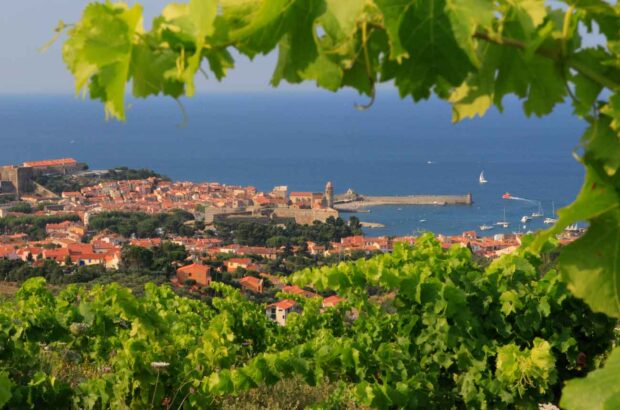Confused by the terms ripasso and appassimento...?
Ripasso and appassimento – ask Decanter
Olivia Bolton, Newcastle, asks: What is the difference between ripasso and appassimento?
Michael Garner replies: Both terms are common in the hills of Valpolicella north of Verona, though ripasso has much the more specific meaning.
The word refers to the winemaking technique whereby a young Valpolicella is refermented on the lees of either Recioto or Amarone following their first racking.
The technique has its roots in the feudal, mezzadria system (sharecropping or métayage), when nothing of any value was ever discarded.
So the young Valpolicella would be given a boost by reworking those sugar-rich lees.
Ripasso is now used to identify a category of wine made in this way and has its own official denomination.
Appassimento refers to the process of drying grapes to make wine – it’s carried out in Valpolicella on a much wider scale than anywhere else.
Grapes are dried for a period of at least a couple of months and often as many as six, before being pressed and made into either Amarone or the region’s original sweet wine Recioto della Valpolicella.
These two wines therefore depend on the appassimento process for their singular style.
In brief, ripasso is refermented on the lees of a wine made via the appassimento process.
Michael Garner is an author and wine merchant specialising in the wines of Italy.







